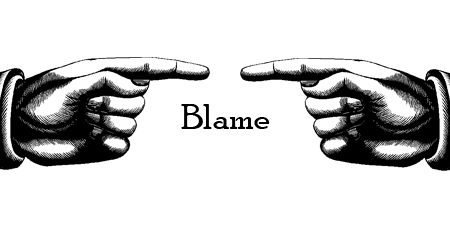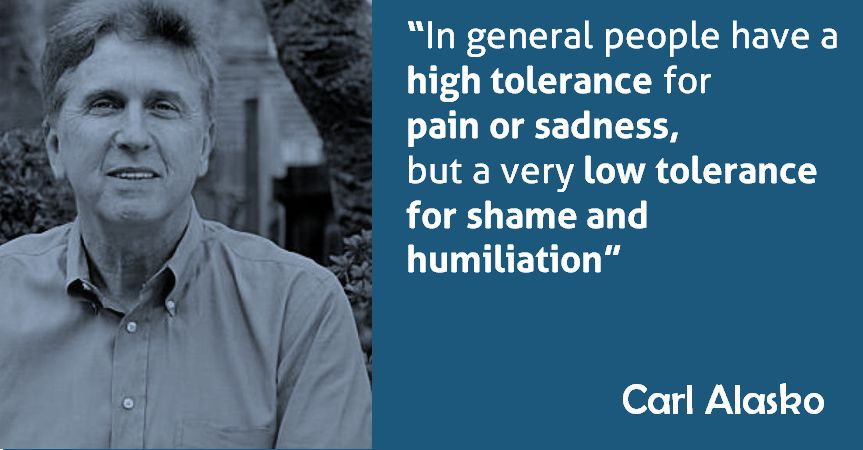In our culture, we fuse blame and holding to account at the same time. A mistake is often seen as a sign of a great defectiveness.
John Bradshaw, in his book ‘Healing the shame that binds you’ looks at how we deal with problems of blame and shame. So, when we’re caught in an ordinary mistake we fear that censure and condemnation will inevitably be heaped upon us. This fear motivates people not to admit a mistake because of the real fear of condemnation, “I wouldn’t want to ever make a mistake because, in my family, accountability always involved blame, condemnation and harsh criticism.” Simple accountability is rare in most families. It’s emotionally painful and scary to admit you are wrong, to take responsibility for an error because you believe it will open you up to criticism and condemnation. Being criticised and condemned casts doubt on your worth as a human being. You fear it will be held against you as proof of your defectiveness:
| Accountable / Responsible |
|
| Blame |
|

